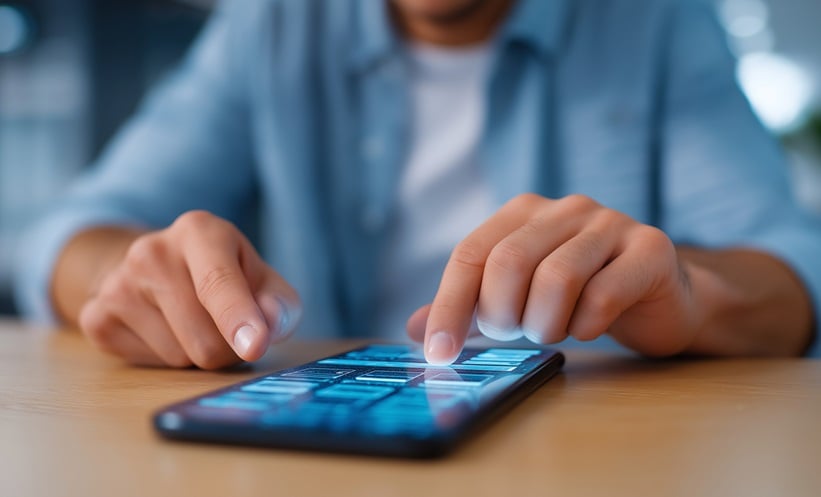A SMARTPHONE-BASED migraine app has shown promising results in reducing migraine-related disability, offering a simple yet effective self-management tool for patients discharged from emergency departments.
Migraine App in the Emergency Department
The emergency department often acts as a key access point for individuals with recurrent migraine, making it a valuable setting for early initiation of digital interventions. The migraine app used in this study included a progressive muscle relaxation (PMR) feature designed to empower patients to manage their symptoms beyond acute pharmacological treatment. This approach builds on growing interest in digital health solutions for chronic neurological conditions, offering accessible and evidence-supported tools to complement routine migraine care.
Methods and Findings: Migraine App Demonstrates Efficacy
In this randomised clinical trial conducted across New York University Langone Health emergency departments, researchers evaluated the RELAXaHEAD migraine app with and without the PMR component. Ninety-four adults aged 18 to 65 years who reported at least four migraine days per month were enrolled between June 2019 and October 2021. Participants were followed for three months, with adherence and outcomes monitored through app analytics and clinical scales.
Of the enrolled cohort, 69 participants completed the Migraine Disability Assessment (MIDAS) follow-up. The mean change in MIDAS scores from baseline to three months differed substantially between groups (25.09 in the PMR group versus 6.86 in controls, P = .01). Nearly double the proportion of PMR users achieved at least a five-point MIDAS improvement (82.4 percent) compared with controls (45.7 percent, P = .002). The migraine app did not affect migraine-specific quality of life or monthly headache days, indicating that the primary benefit centred on disability reduction. The analysis also confirmed that higher use of the relaxation feature correlated closely with improved outcomes, reinforcing adherence as a critical factor.
Clinical Implications and Future Outlook
The study highlights how a migraine app can meaningfully reduce disability following an emergency department visit, offering a scalable, cost-effective way to enhance post-discharge care. Future investigations could explore sustained effects beyond three months, assess integration into primary care follow-up systems, and evaluate broader applications in migraine prevention and patient education.
Reference
Minen MT et al. Smartphone-based muscle relaxation for migraine in the emergency department: a randomized clinical trial. JAMA Netw Open. 2025;8(10):e2534221.








